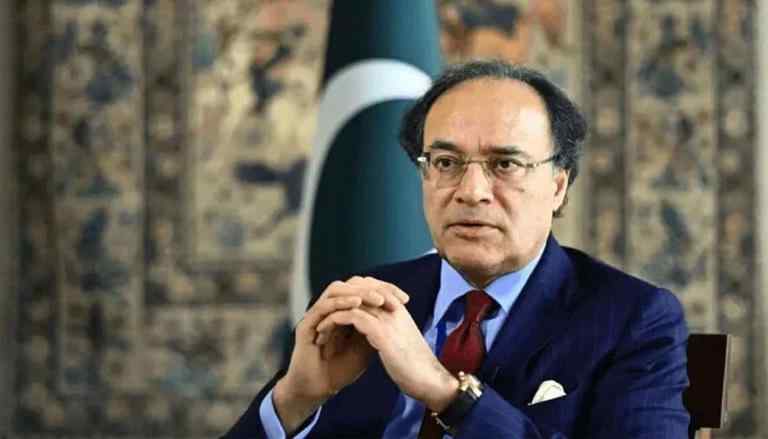ISLAMABAD – Finance Minister Muhammad Aurangzeb has called for Pakistan to accelerate its shift toward blockchain and digital assets, warning that ignoring regulatory reforms in this sector could expose the country to international sanctions and undo years of progress on financial compliance.
Speaking at the Leadership Summit on Blockchain and Digital Assets in Islamabad on Saturday, Aurangzeb argued that Pakistan’s banking system is “far more complex” than global norms and can no longer afford to lag behind in adopting transformative technologies. He pointed to blockchain, artificial intelligence, and Web 3.0 as pillars of the emerging global economy, urging policymakers, businesses, and academics to collaborate to ensure Pakistan doesn’t miss the wave.
Crypto Oversight Key to Avoiding Sanctions
Aurangzeb highlighted the regulatory risks of ignoring crypto markets, particularly in relation to anti-money laundering (AML) and counter-terror financing (CFT) compliance.
“It took Pakistan five years to get off the FATF grey list. We have no intention of going back,” he said, adding that regulation must be proactive, not reactionary.
The minister confirmed that the Pakistan Virtual Asset Regulatory Authority (PVARA), formed earlier this year, will hold its first meeting next week to draft a balanced framework for the crypto industry. He also revealed that a national crypto council is already reviewing potential policies around crypto mining and investment oversight.
20 Million Pakistanis Already Engaged in Digital Assets
Pakistan’s youth have become a driving force behind the rapid adoption of crypto and blockchain technologies, with estimates suggesting 20 to 25 million Pakistanis are already involved in the sector. Aurangzeb said this momentum can’t be ignored and should instead be “harnessed through education, regulation, and innovation.”
He cited the rollout of blockchain-powered e-KYC systems in banking as a promising example of efficiency gains, noting that similar solutions could revolutionize remittances, IT freelancing, agriculture, and energy.
Private Sector Urged to Lead, Government to Enable
Aurangzeb stressed that the government sees its role as creating an enabling environment for innovation while leaving execution to the private sector. “We must integrate academia’s expertise, private-sector innovation, and government policy to build a strong digital economy,” he said.
He also expressed surprise at the absence of Bilal Bin Saqib, the prime minister’s special assistant on blockchain and crypto, from the summit — a sign, he implied, of how critical such discussions are to shaping Pakistan’s economic future.
Looking to Global Models
To accelerate reforms, Pakistan plans to study successful crypto regulations in Dubai, Singapore, and the EU, adapting them to local needs. Aurangzeb said that Pakistan’s progress on macroeconomic stability gives it the breathing room needed to focus on innovation.
“Blockchain adoption must prioritize three things: inclusion, transparency, and speed,” he said, arguing that these principles will be crucial for sectors like banking, trade, and digital payments.
The Bottom Line
Aurangzeb’s remarks signal a shift in Islamabad’s posture toward digital assets, from cautious observation to active regulation and adoption. With millions of Pakistanis already trading crypto and engaging in Web3 platforms, the government is under pressure to formalize rules that encourage innovation without jeopardizing financial stability.
“This is not just about keeping pace with global change,” Aurangzeb said. “It’s about securing Pakistan’s place in the new economy.”
